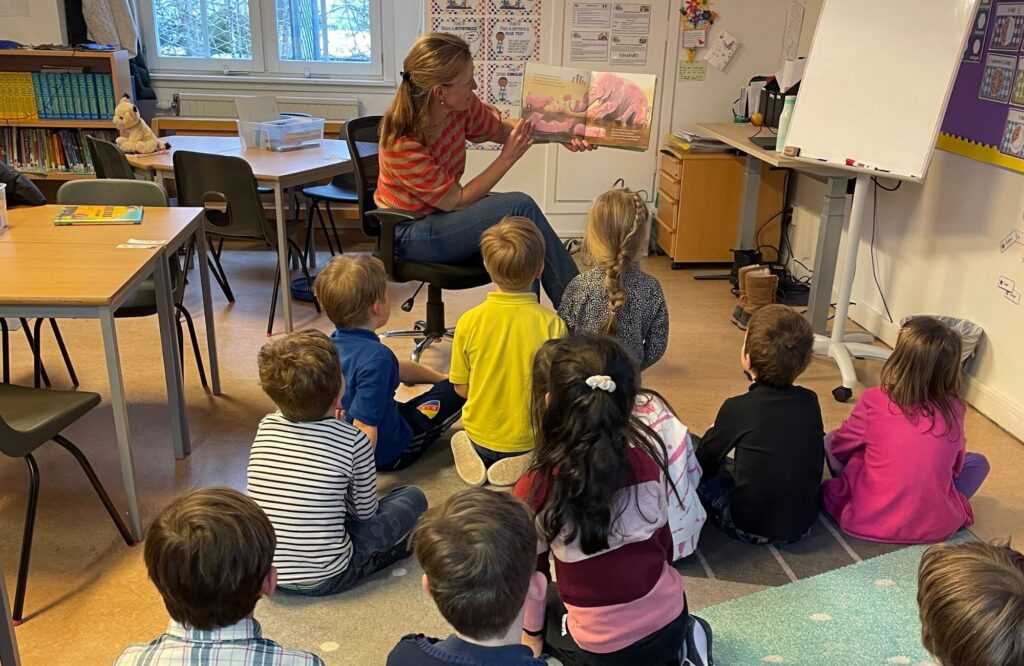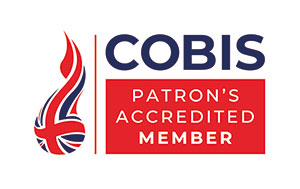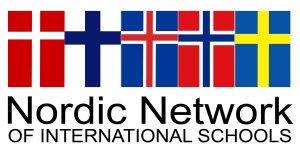To celebrate and raise awareness of the importance of our children’s mother tongue languages here at BISS, we invited our Altorp parents into school this week on the 22nd of February, otherwise known as International Mother Language Day. Eleven of our enthusiastic mums and dads came in to read books in their native languages, and the children thoroughly enjoyed their multilingual story time!
Language may act as our main communication tool, but for children, its significance extends far beyond that. Largely shaped by cultural and societal norms, language is a channel through which national traditions and heritage are born, providing a point of reference from which our children view their world as they grow, giving them their sense of home and belonging. For many of our international students here at BISS, navigating between different cultural and linguistic identities as they move countries can prove challenging.
By promoting the use and development of their mother tongue language, we can help them maintain a strong sense of their cultural background and provide a safe and inclusive learning environment. This can help them feel more confident in their own identity and be better equipped to navigate the cultural diversity they encounter in their lives. Nurturing one’s mother tongue language can also support academic achievement and cognitive development. Research has shown that students who are proficient in their mother tongue language are more likely to be successful in learning a second language, as well as in other academic subjects. By developing language skills in their mother tongue, students can also improve their cognitive abilities such as critical thinking, problem-solving, and creativity. Furthermore, maintaining strong mother tongue language skills can provide a foundation for the development of other language skills, which can be particularly important for international students, who are exposed to a variety of languages and cultures.
We encourage you to continue having conversations with your children around their mother tongue, as it will provide them with a sense of identity and support their learning for years to come!






